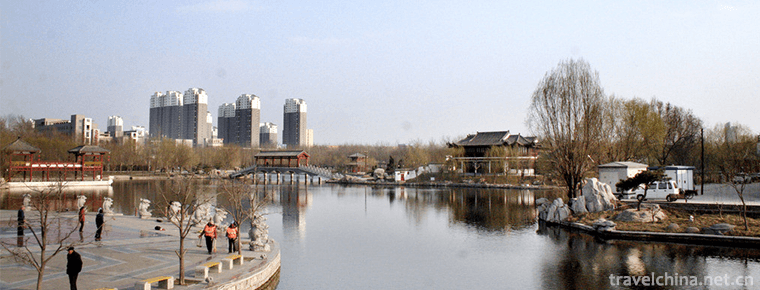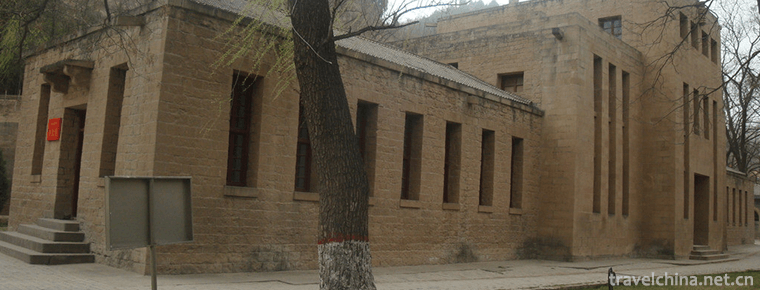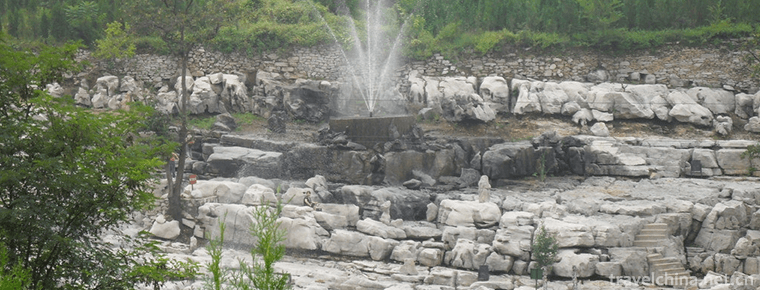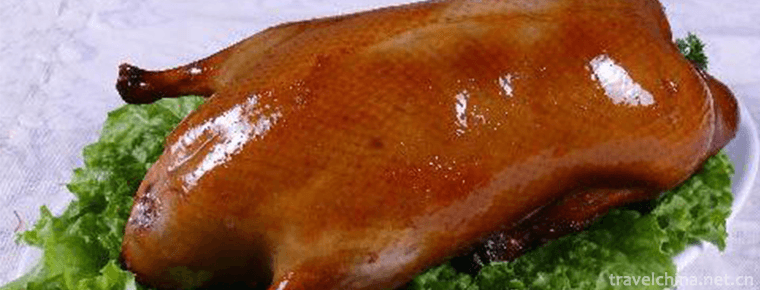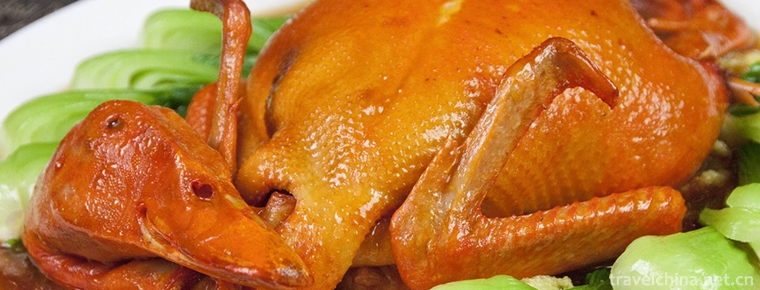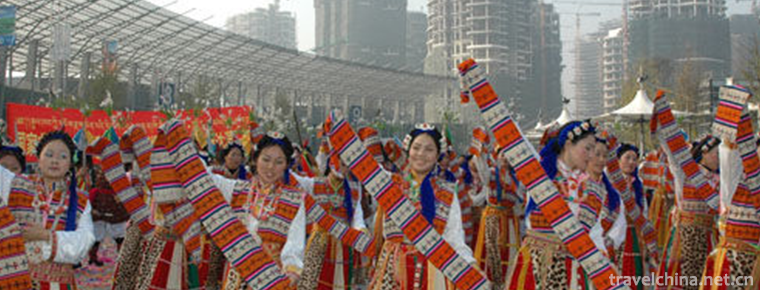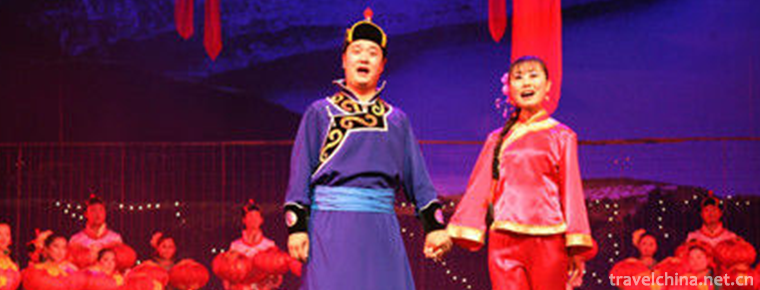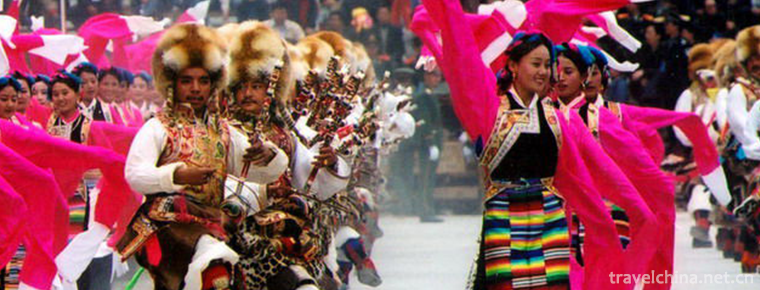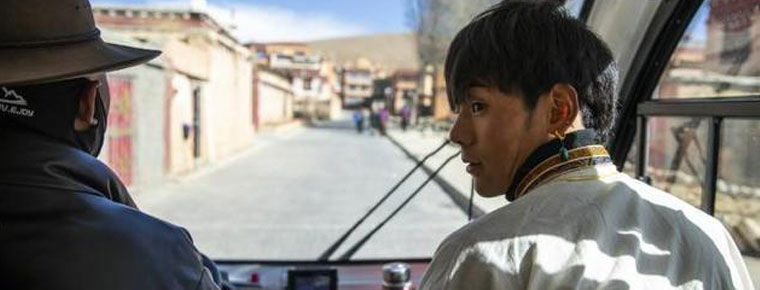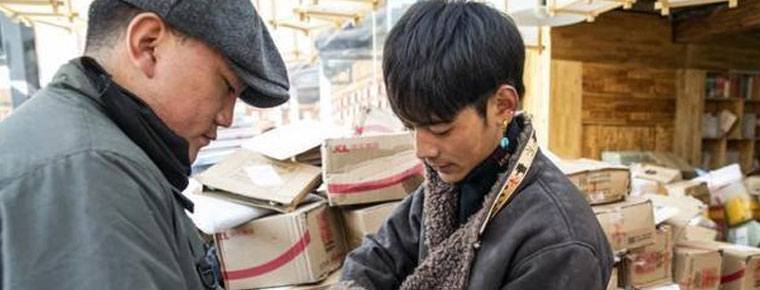De rong xue qiang
De rong xue qiang
Derong Xueqiang is a folk dance popular in Waka Township, Derong County, Ganzi Prefecture. Its movements are strong, simple and generous, its next steps are strong and its feet are crisp. When the dancers bend down and change their steps, their movements appear flexible and free and easy. The combination of stamping and pedaling creates a unique charm of Qiang dance.
On June 7, 2008, the "Derong Xueqiang" declared by Derong County of Sichuan Province was listed in the second batch of national intangible cultural heritage list with the approval of the State Council.
Heritage serial number: 663 III-66.
historical origin
Xueqiang, also known as "love dance", is a unique form of folk song and dance created by the ancestors of Waka on the basis of combining Tibetan and Naxi folk arts. According to the folk legend of Derong, Princess Wencheng of Tang Dynasty (Princess Naxi) came to Tibet by way of this place. In order to welcome the princess, Derong Tusi Geng Awu specially gathered local folk artists to create songs and dances that could make the princess understand and have local characteristics. Eventually, Qiang songs and dances, which integrated the styles of Han, Tibetan, Naxi and Bai nationalities, came into being.
Because of the remote location and inconvenient transportation, these folk art treasures have been hidden deep in the mountains. Through the help of Tibetan cadres and participation in the Festival of Non-Heritage, the Derong Cultural Heritage will come out of the mountains.
artistic characteristics
Xueqiang means dancing together. It is popular in Waka Town (Atomic Geng Township) of Derong County. It is also a kind of folk entertainment singing and dancing that the local people are most willing to participate in. The Qiang dance style and music color are unique, which is different from Ganzi Tibetan dance charm.
The movements are characterized by the bouncing and jumping of legs, and the lyrics are mostly about the love between young men and women. Nanlu Guozhuang is primitive, elegant and dignified. When performing, men and women circle around each other and sing and dance in turns. When dancing, they hold hands with each other or hold waist, bend down with low head, dance posture, upper body movements are small, and the main movements are concentrated on the foot and leg.
Inheritance status
As a kind of folk dance, Xueqiang is closely related to the folk activities of the people. Every festival, gathering and village where men and women, old and young, gather together, jump up to learn Qiang to show harmony and auspiciousness. Especially on autumn harvest night, people light bonfires, gather around them, and add the game of "jumping fire". It can be seen that the dance form of learning Qiang is also connected with the people's play and play.
Inheritance significance
The dance originated from the folk and spread to the folk. It has strong local characteristics in terms of lyrics, rhymes and steps. It contains the spiritual beliefs and value orientations handed down from generation to generation by the people who have won the honor, and has unique humanistic significance.

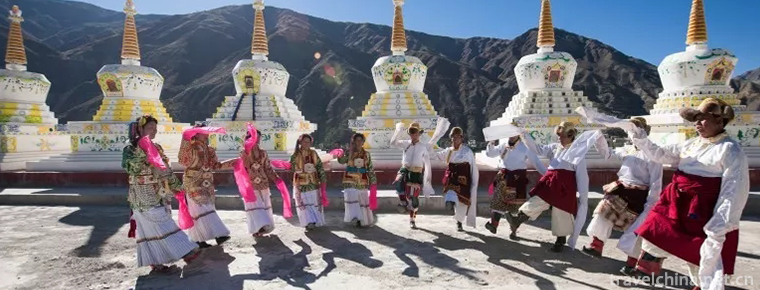
-
Dong Ziyuan Scenic Area
Dong Ziyuan Scenic Area belongs to Dezhou Economic Development Zone. Dezhou Economic Development Zone, as a provincial economic development zone approved by Shandong Provincial People's.
Views: 319 Time 2019-01-08 -
The Old Site of Zaoyuan Revolution
Zaoyuan is located 8 kilometers northwest of Yan'an City. It is a garden-like revolutionary memorial. There are many kinds of flowers, plants and trees growing in it. The scenery is beautiful and the .
Views: 157 Time 2019-03-09 -
Kaiyuan Cave Tourist Area Zibo
The karst cave in Kaiyuan is named for the cliff stone carvings in Kaiyuan period of Tang Dynasty. It is large and tall with a length of more than 1100 meters. It is divided into six halls. The natura.
Views: 126 Time 2019-03-21 -
Pot fried chicken
Guguo fried chicken is a local traditional dish in Changshu, Jiangsu Province, which belongs to the Su cuisine family. Located at the foot of Yushan Mountain in Changshu.
Views: 259 Time 2019-03-25 -
Eight treasures duck
Babao duck is a characteristic traditional dish in Suzhou, which belongs to Shanghai cuisine and Su cuisine. But it is best cooked by the old restaurant in Shanghai, Town God's Temple.
Views: 202 Time 2019-03-27 -
Castawin Dance
Castawin Dance, a traditional dance in Heishui County, Sichuan Province, is one of the national intangible cultural heritage..
Views: 191 Time 2019-05-08 -
Man Han tune
Han Han tune. Chinese translation means desert tone. A form of folk songs. Mainly popular in Mongolia and Han mixed Yikezhao League Zhungeer Banner, Dalat Banner and Baotou City Tumut Right Banner, Ho.
Views: 115 Time 2019-05-21 -
String Dance
String dance is popular in Sichuan, Yunnan and other Tibetan areas and in Changdu, Tibet. String dance is an indispensable self-musical dance in Tibetan people's life. During festivals, weddings and g.
Views: 943 Time 2019-07-03 -
China Agricultural University
China Agricultural University (China Agricultural University), referred to as "China Agricultural University", is located in Beijing City By Ministry of Education of the People's Republic of.
Views: 184 Time 2019-12-21 -
Ding Zhen first salary to buy washing machine and battery car
Ding Zhen's first salary to buy a washing machine battery car, do not want her mother's hands frozen.
Views: 108 Time 2020-12-06 -
Ding Zhen from the plateau Village
The 20-year-old Tibetan boy is from a small mountain village in Litang County, Ganzi Tibetan Autonomous Prefecture, Sichuan Province. More than 20 days ago, a photographer released a short video on the short video platform, which made Ding Zhen .
Views: 73 Time 2020-12-07 -
Dazhou climate
Dazhou city belongs to subtropical humid monsoon climate type. Due to the complex topography, regional climate differences are large. The low mountains, hills and river valleys with an altitude of 800 meters have mild climate, warm winter, early sprin.
Views: 385 Time 2020-12-20
